Many kids want to grow up to be just like their parents. But what if your mum was a professional corpse washer? That’s the unusual career path that awaits Lela, a young woman in the 2024 Indonesian horror movie The Corpse Washer (Permandi Jenazah). Trained from childhood by her mother, Lela earns a living cleaning the dead before they are buried.
Lela carries the burden of performing a job that is dying out and which few young people want to do. She also balks at the unfairness of inheriting her mother Siti’s work while her brother Arif runs free. But when Siti dies unexpectedly and bloodily one night, the burden of the job falls solely on Lela’s shoulders.
It doesn’t help Lela’s workload when other women in their kampung also begin dying. As Lela washes each corpse, she finds mysterious barbed wire buried within their bodies. Suspecting murder of the supernatural kind, Lela begins investigating these gruesome deaths. She discovers that the victims, all members of a circle of friends her mother belonged to, were not so innocent after all.
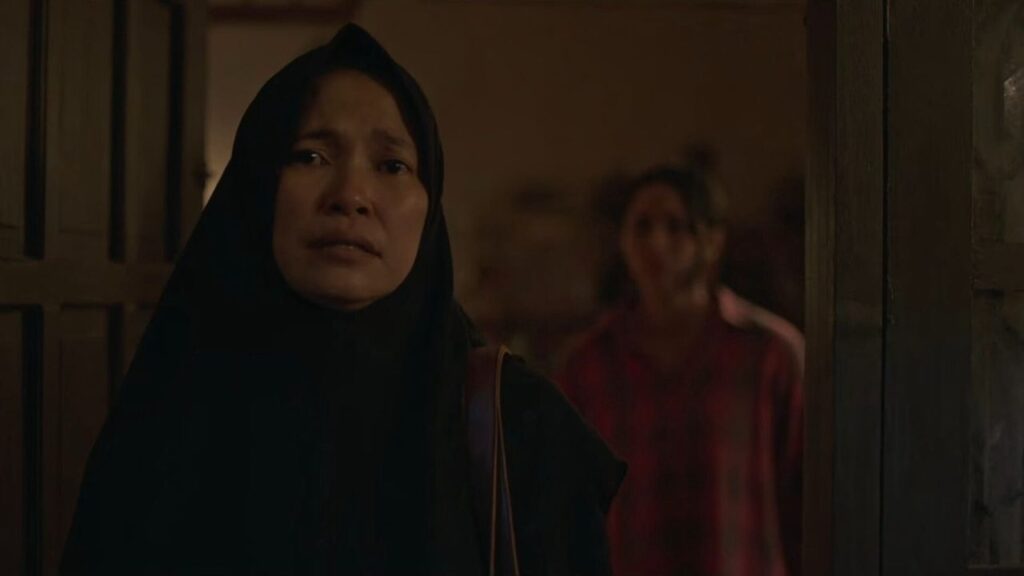
Hell hath no fury like a pack of women scorned, but what of a woman wrongly accused? The ghost that’s haunting Siti’s girl gang of makciks has very good reasons for coming for their blood. In this sorority of scandal and sin, the legacies of intergenerational trauma and rage return to right a past wrong.
The true threat comes not from the ghost herself, but from the dangers of malicious gossip that spreads like fire to engulf a sleepy kampung. When an epidemic of female hysteria (common in Indonesia and Malaysia) breaks out, the rule of the mob nearly destroys everyone.

The horror genre is most powerful when its stories are grounded in the human. Likewise, The Corpse Washer works best, and is at its most moving and emotional, when it dwells on the quiet moments of grief, rather than when it’s distracted by the task of scaring the audience. Which is exactly where this movie falls hard.
The Corpse Washer proves that much like ultra-processed food, simulated scares are just empty calories. The ghosts’ makeup is more clownish than demonic, and the fountains of blood look like watery cordial. This may not be a big-budget Hollywood horror flick, but it didn’t need to look that basic.
Another issue that undermines the horror is that the movie never bothers to develop the women as individuals. Beyond Siti and maybe Ibu Tutti, the kampung’s gossip queen, the audience doesn’t get a chance to know the women beyond their names. So when they begin dying one by one, the impact of their predicament just isn’t all that wrenching.
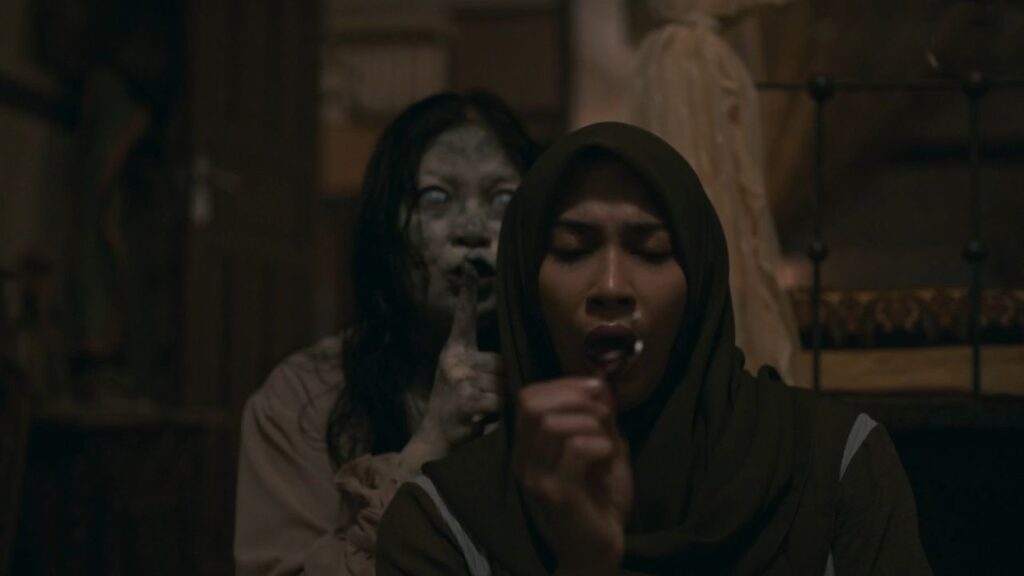
On the narrative front, The Corpse Washer is pretty generic. Its thematic elements, like the ghost grudge, draw heavily on Shutter. The visual scares and demonic possessions look straight up from The Exorcist. Except these visuals and themes aren’t used endearingly enough to be an homage, or deployed ironically enough to be pastiche.
The film is humorous though. It just doesn’t mean to be. There are plenty of laugh out loud moments, like when the dead women return dressed like pocong and freak Lela out of her mind. For a corpse washer who’s been practicing the trade, and been around the dead since childhood, Lela sure gets spooked a lot.
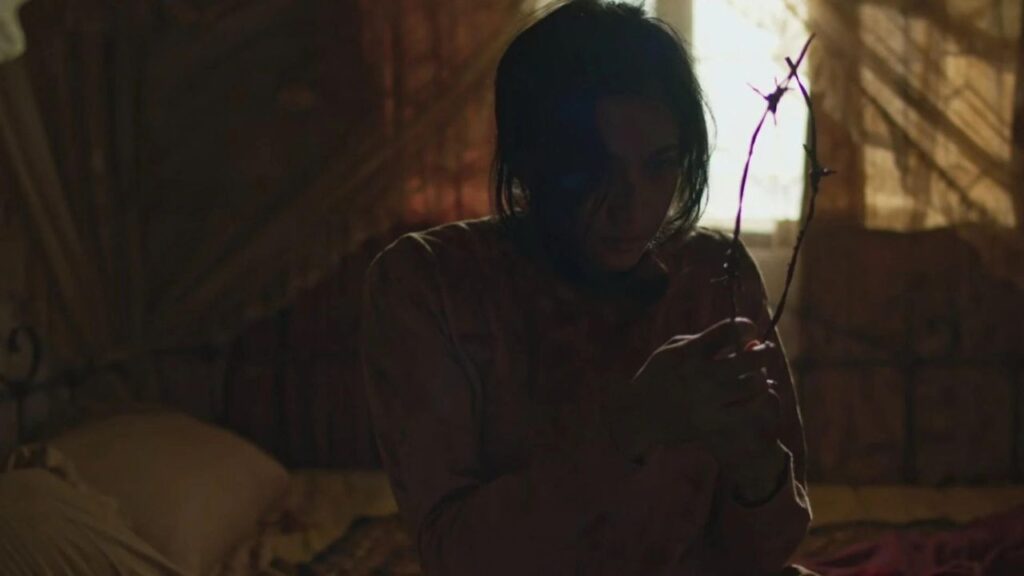
Still, for all the overdramatic hysterics and theatrics, the acting is reasonably good. Aghniny Haque, who plays Lela, may be heavy-handed when she screams and cries, but she captures Lela’s sorrow with quiet skill. And although Djenar Maesa Ayu has limited screen time as Ibu Siti, she shines as a tower of maternal strength in the face of her impending doom.
What I do appreciate about The Corpse Washer is that unlike Malaysian horror movies, where it’s a trope for the big bad to be defeated by an imam, here it is an ordinary woman who rises above the evils of the past. The curse is broken not by summoning the power of religion, but by something much more difficult to call upon: the power of forgiveness.

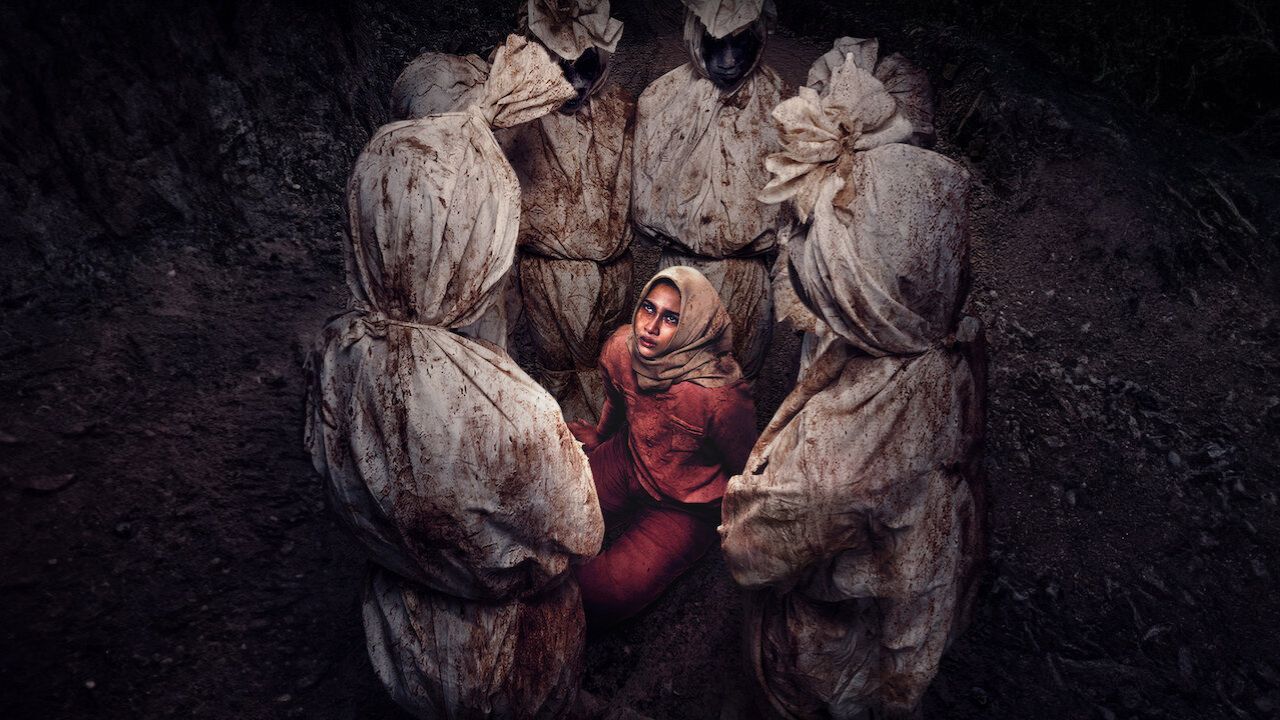

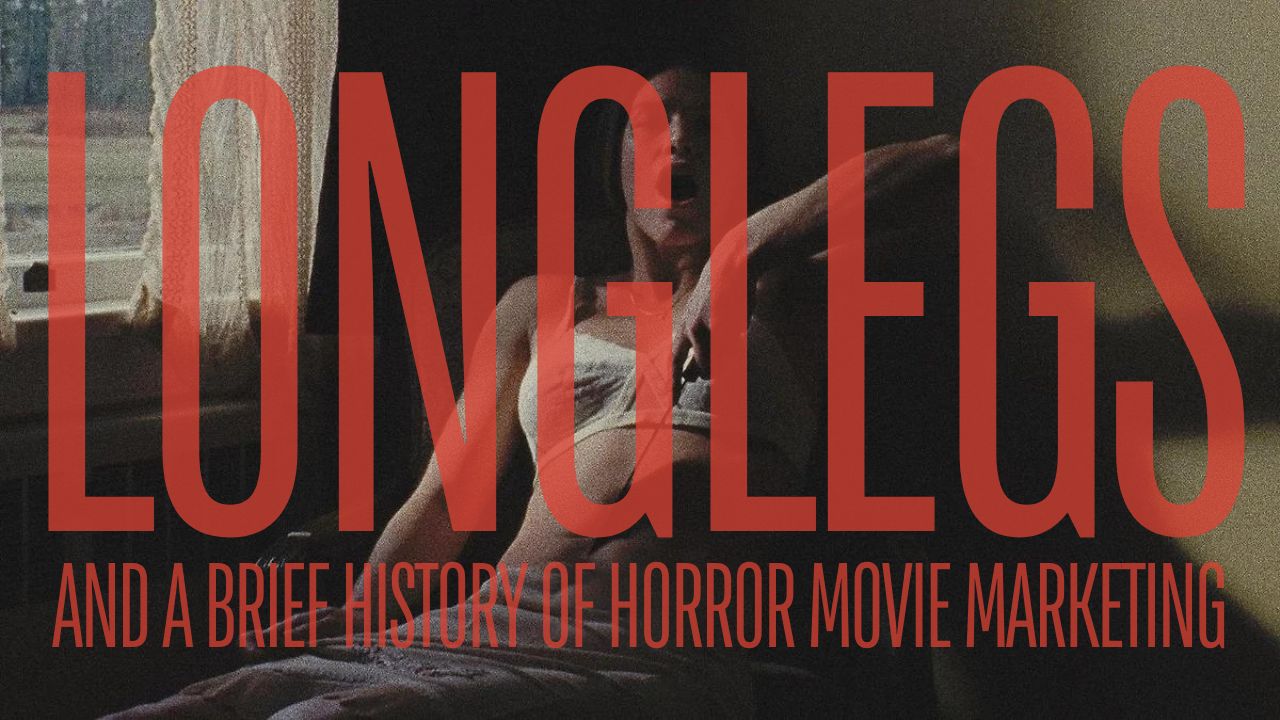
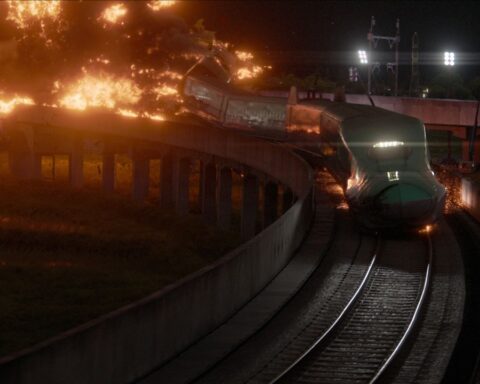




Follow Us